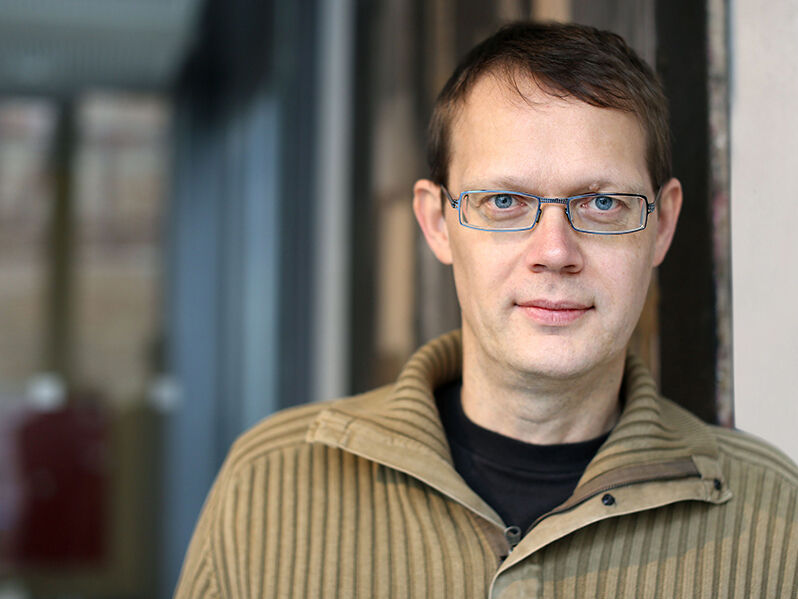By a dilation we mean here an embedding of a given system into a bigger system. There exist several motivations for such a dilation in physics and mathematics. In physics, for example, one commonly has to consider an atom, or a cavity, etc., that one wants to study, as part of a bigger closed system which includes the environment. In mathematics, dilating a given system to a bigger system with better properties is often useful for proving properties of the small system. In the Spring School and the Conference on „Product Systems and Independence in Quantum Dynamics“, semigroups of (completely) positive maps, i.e., quantum dynamical semigroups, play a central role, and dilations are frequently used to study them. This evening lecture intends to give a first introduction and broad overview over several notions of dilation. Several examples and constructions of dilations and their uses will be presented. The lecture is intended to be accessible to non-experts, and hopefully gives a non-technical overview of some of the central notions and questions that will be addressed in the Spring School and the Conference.
Uwe Franz (*1966) studied mathematics and physics in Greifswald, Illinois and Clausthal. After receiving his PhD in mathematics at the Henri Poincaré-Nancy Université in 1997, he worked as assistent professor at the Ernst-Moritz-Arndt-Universität Greifswald. In July 2007 he got his habilitation in mathematics at the University of Greifswald. Since september 2005 he is professor at the departemant of mathematics at the Université de Franche-Comté Besançon.
Moderation: Professor Dr. Michael Schürmann

